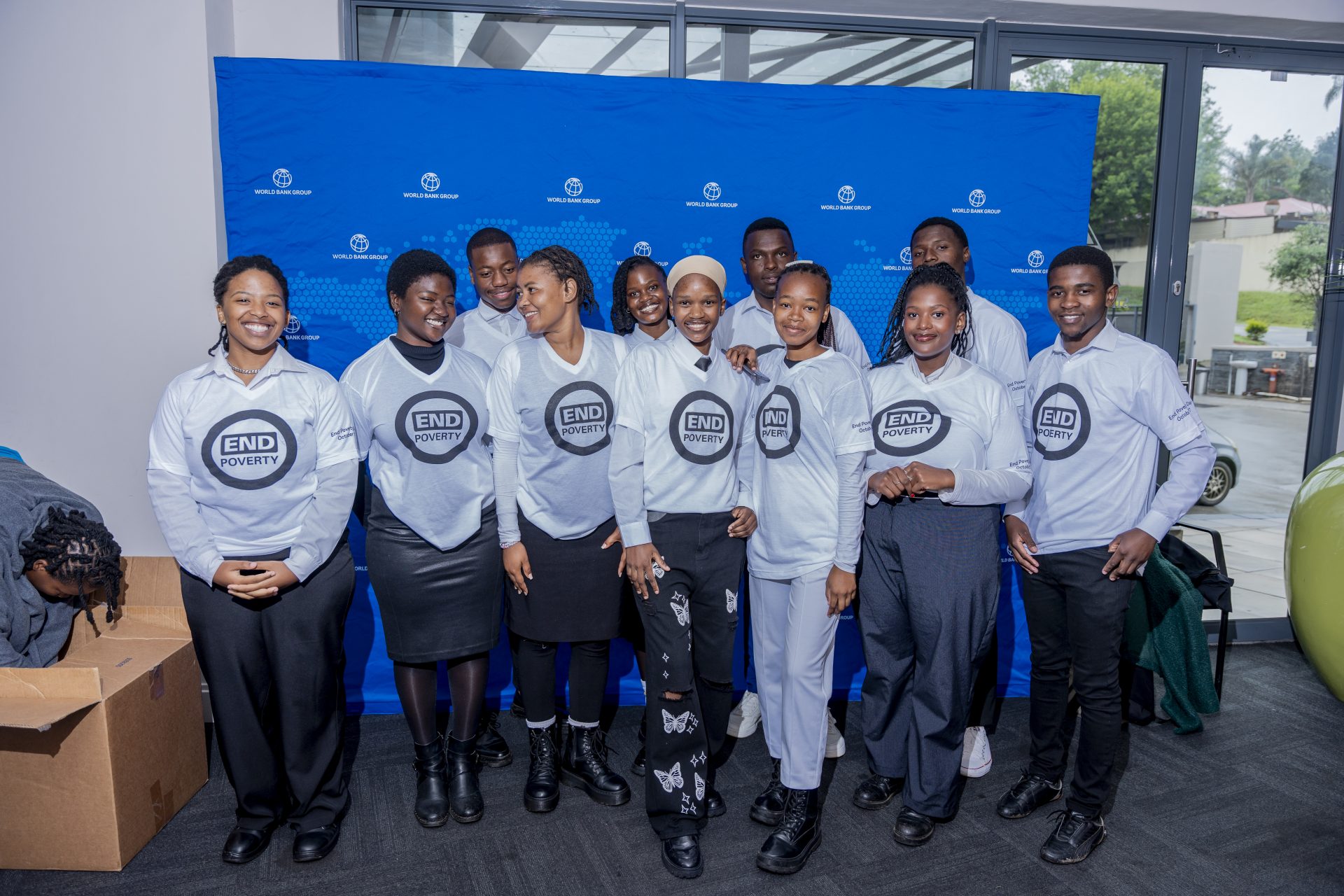By Ncaba Ntshakala
The World Bank Country Office in Eswatini has hosted a vital seminar in honour of End Poverty Day, which focused on the critical role of education in breaking the poverty cycle across Sub-Saharan Africa.
The event was held in collaboration with students, educators, and community partners, and it featured engaging debates and presentations, all aimed at addressing poverty alleviation through transformative educational strategies.
A highlight of the seminar was the Inter-Tertiary Debate Competition, where students from the University of Eswatini (UNESWA), Eswatini College of Technology (ECOT), William Pitcher College, and Eswatini Medical Christian University presented arguments on the motion:
RELATED: World Bank injects E3 million to revamp collapsing UNESWA through Task Team
“This House believes that vocational education, not traditional university education, is the key to breaking the poverty cycle in Sub-Saharan Africa.”
UNESWA emerged as the champion, achieving a score of over 87 percent, followed closely by ECOT. The debate was said to be vital because it highlighted the importance of considering diverse educational pathways to empower youth and prepare them for a rapidly changing job market.
Adding further depth to the discussion, World Bank Country Economist Mark Kwaramba presented key findings from the Africa Pulse Report, focusing on education access and vocational training in the region.
The report highlighted the urgency of addressing educational inequalities and Kwaramba emphasized vocational training as a tool for practical skills development.

The presentation led to an interactive question and answer session, where attendees engaged with the challenges and opportunities facing Sub-Saharan Africa’s education systems.
In his welcoming remarks, World Bank Resident Representative Ikechi Okorie emphasized the importance of events like this in sparking critical conversations on poverty and education.
He reflected on his own experiences and highlighted how education shapes individuals’ visions of the future, saying, “The transformational impact of education goes beyond classroom instruction; it’s about opening minds to possibilities.”
Okorie also acknowledged the key role of Eswatini’s youth in achieving the nation’s high-income ambitions by 2050, underlining that economic development requires an educated, healthy population.
RELATED: ECOT embraces “Nkwe” mandate to empower graduates through entrepreneurship
The event was officially opened by Acting Principal Secretary in the Ministry of Education and Training, Naniki Mnisi, who emphasized that educational investments must be reevaluated to truly address poverty.
Mnisi acknowledged the gravity of the learning poverty crisis in Sub-Saharan Africa, where nearly 90% of children struggle to read and understand basic texts.
She praised the World Bank and participating institutions for facilitating an interactive format, which allowed students not just to hear about poverty data, but to actively engage with it through the debate.
“Today’s dialogue is about much more than statistics; it’s a chance to explore practical, evidence-based solutions that align education with poverty reduction goals,” she said.


